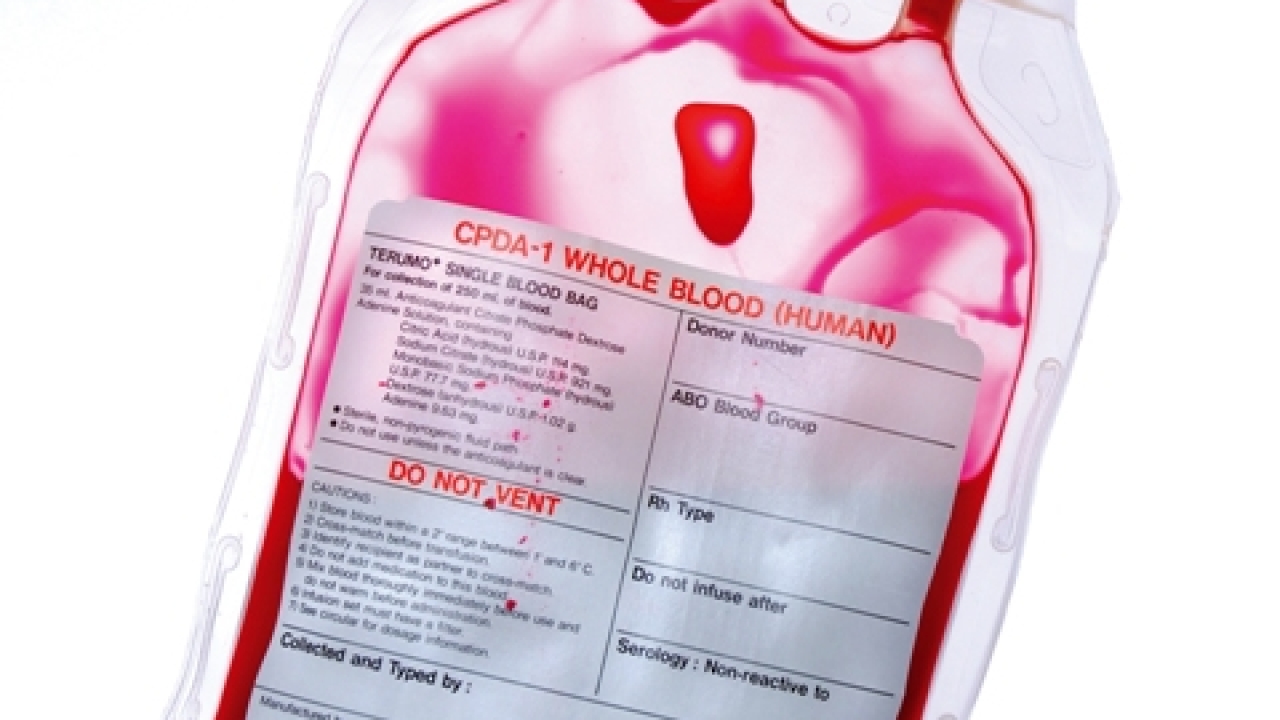Ritrama launches blood bag label product
Ritrama has launched RI-337 White AP970 WG62, a conformable, easy to print product that it said offers ‘the perfect blood bag labeling solution’.

Ritrama said that, with millions of people requiring blood transfusions each year, blood and plasma bag labels must be reliable to meet the stringent tracking and identification requirements for each bag stored in blood banks, healthcare facilities, hospitals and laboratories.
RI-337 White AP970 WG62 carries ISEGA approval according to DIN EN ISO 3826-1 for Plastic Collapsible Containers for Human Blood and Blood Components, which certifies that the adhesive components of the material have been found not to migrate through the plastic into the bags, so making it a safe and suitable choice for blood bag labeling.
RI-337 White AP970 WG62 has been designed to withstand the challenging environmental conditions associated with blood bag labeling. This includes the processes of testing and storage, with the label remaining positively attached during the entire lifespan of the bag. Centrifugation, cryogenic freezing, refrigeration, manual handling and a change in temperature exposure are some examples of the required performance of the label.
The high level of conformability of RI-337 White AP970 WG62, a matte white synthetic paper is said to be ideal for application to a pliable surface, such as a blood or plasma bag, and due to excellent resistance to plasticizers, Ritrama’s AP970 adhesive ensures a secure bond with the bag’s surface.
It can be printed with traditional printing techniques, such as UV letterpress, UV screen and UV flexo, before thermal transfer printing is used to apply variable data information to record patient and transfusion details. Ritrama said legibility is an ‘absolute must’ for blood and plasma bag labels, with identification of blood groups, barcodes and expiry dates essential to preventing complications for patients.
Stay up to date
Subscribe to the free Label News newsletter and receive the latest content every week. We'll never share your email address.

